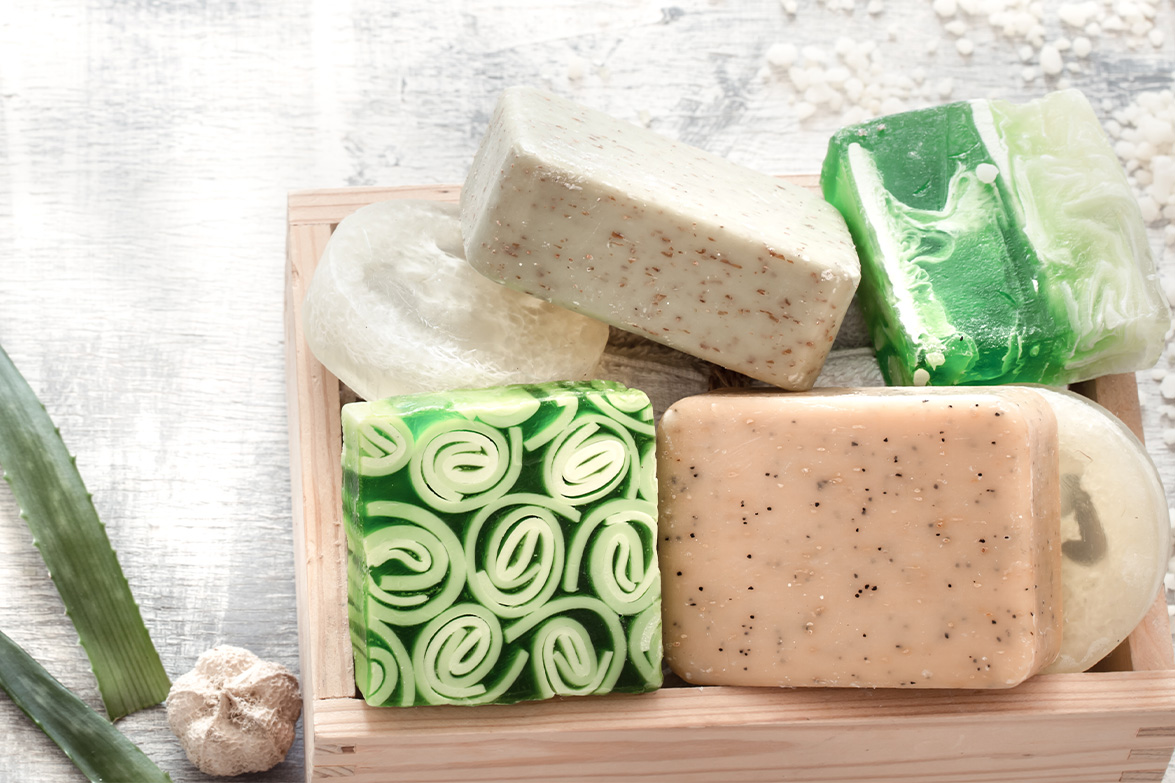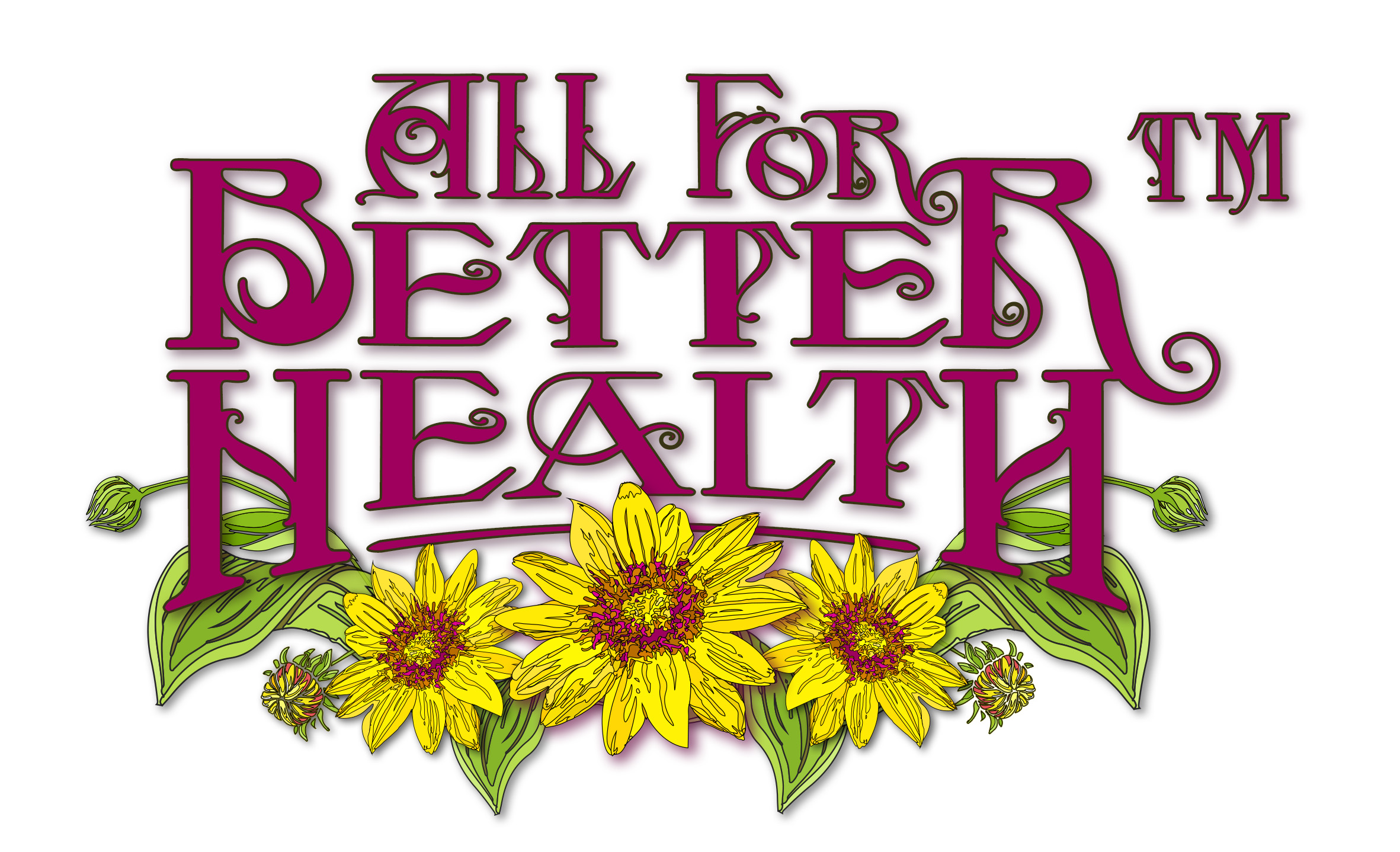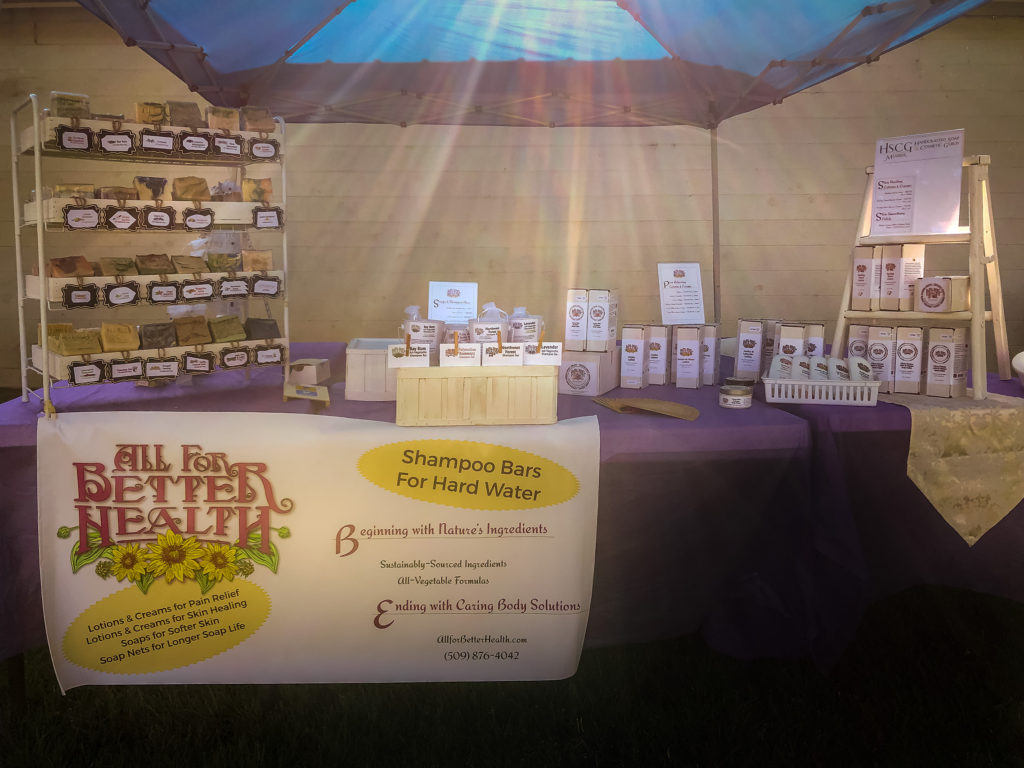
In the U.S., there are many towns that have a particular specialty or industry that’s most prominent. In New England, you’ll find countless centers of fishing, clamming and whaling. You have the small town of New Holland, Pennsylvania. It’s known as the “Canal Capital of the World” thanks to its incredible network of canals. In the state of Washington, there’s a tiny town called Walla Walla that may become known as the ‘soap capital of the world’ due to its thriving artisan soap-making industry. If you love making soap or just want to learn more about this niche industry, read on for more details about soap making in Walla Walla!
Based on our research, it seems like no other American town, outside of Amish country, has so many soap makers near its borders. (Or at least we didn’t find one with our search bot.) So we think it will be a fun read.
Soap Making in Walla Walla: A Brief History
Unlike most industries, there’s no single person we can credit with starting the soap-making industry in Walla Walla. Instead, you can trace the rise of soap-making in our town back to the 1830s. Groups of pioneering families from all over the world began settling in the area around what would later become Walla Walla. (The Pioneer Village at Fort Walla Walla is an interesting place to see some of this history.) This influx of immigrants from Europe, Asia and the Middle East resulted in a unique cultural mix. It continues to define Walla Walla even today.
The Great Columbia Basin – Resource Rich for Soap Making
The region of Washington, known as the ‘Columbia Basin’, spans most of the eastern part of the state. Then it turns west, forming the southern border. Walla Walla is just about in the middle of it.
There were advantages to being situated just a few miles inland from the Columbia River back in the 1800s and early 1900s. This made Walla Walla an ideal place for the production of goods. Not only did other communities all along the river need soap. You could ship your soap anywhere in the world. (At least that was true if the sailing vessel could make it past the Columbia Bar. The mouth of the Columbia is America’s most deadly ocean-river entrance.) You could bring goods in easily and send them out by the same routes.
Some of the major advantages Walla Walla soap makers enjoyed.
- The pristine water from the Blue Mountains flowed through the valley. The Touchet River, Walla Walla River and Mill Creek provided a year-round water source through the area.
- The region was a source of alkali, which is an important ingredient in soap-making.
- The region also has a temperate climate and a long growing season. This meant farmers could grow crops like sorghum and hemp for soap-making. (Today, farmers rotate canola with wheat and peas.)
- The region also has a lot of forests, which is important because wood ash was an important ingredient in soap-making. (Loggers cut timber in eastern Washington and floated the logs down the Columbia to lumber and paper mills along its banks. There they burned unusable wood and captured lye by pouring water through the ashes.) Today, soap makers no longer make their own lye, but it was the norm in the early years to make your own.
- It’s also worth noting that this region had rolling grass-covered hills. That was important because you could render fats from cattle and sheep at butchering time that made good hard soap. Also, the milk from these animals produced a prized bar of soap. Some of our local artisans still make soap with milk from their own animals.
Why are there so many artisan soap makers in Walla Walla today?
The proximity of the town to the main shipping route of the Columbia River no longer matters. However, Walla Walla still has all the right conditions to be an ideal place for soap-making. There are at least reasons Walla Walla remains a hotspot for artisan soap-makers.
- It’s a college town. (You’ll find three award winning higher learning institutions in the Walla Walla Valley.) That means progressive thinking is the norm. Living in a planet-friendly way is a way of life for most Walla Walla valley residents.
- Low electricity costs from the hydro-electric dams on the Columbia River and wind farms on the hills surrounding the valley keep manufacturing costs down.
- A very stable climate with only about 65 days of truly cold weather each year means temperatures for making and curing soap are good for around 300 days each year.
And even though Walla Walla is off the “beaten path,” it’s still a popular destination because of its wines. The same conditions that made Walla Walla a great region for producing soap-making ingredients fostered a proliferation of wineries in the 21st century. The long, hot summers produce very sweet grapes.
Those tourists are supporting at least five artisan soap making businesses in Walla Walla. At least those are the ones you’ll find on the internet. You may find others at local farmer’s markets from Memorial Day weekend through the end of September.
The rise of e-commerce has helped the soap industry in Walla Walla.
In addition, the rise of e-commerce is making a big impact on the soap industry in Walla Walla. As more and more people purchase products online, the demand for traditional soap makers has increased. There’s a new generation of businesses based in the town that are producing soap and cleaning products. They use a hybrid of traditional and modern methods. Yet, there’s no compromise on old-fashioned quality. Just a blend of science with tradition that ensures the best soaps you can buy.
Final words
Walla Walla is making its mark on the world as a center of artisan soap-making. And it’s also worth bearing in mind that the town is also famous for its wine production. Many of the wineries in the area produce the famous ‘Walla Walla Sweet’ wine. (The Guinness Book of Records recognized it as the ‘world’s sweetest wine’ in 2005.)
So next time you’re thinking about vacationing somewhere, why not consider a place that’s known for having a thriving soap and wine industry like Walla Walla? While you’re at it. Pick up some of Walla Walla’s famous sweet onions. It might be just what you’re looking for!
And be sure to stop by the Milton Freewater Farmer’s Market and College Place Farmer’s Market to check out the local soaps. You’ll find All For Better Health soaps, shampoo bars, lotions and creams and body polishes there.




